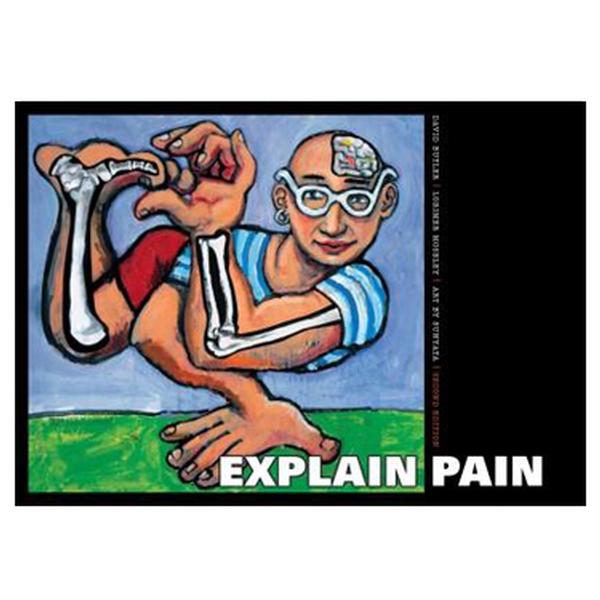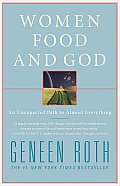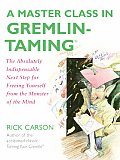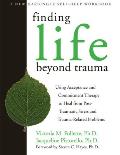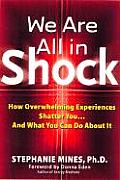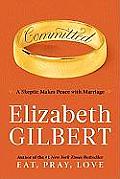Recommended to me by: Kim Hillis, PT
If this book didn’t cost $70, I would be telling every client and practitioner to buy one right now. Both scientific and playful, it offers the latest research about understanding and healing chronic pain.
The sensation of pain is the brain’s response to perceived threat. Until it is interpreted by the brain, pain is (just) an electrical and chemical signal.
Pain is initially associated with tissue damage and inflammation (acute pain). Sometimes the pain response continues after the tissue has gone through the healing process (chronic pain).
Pain does not always correlate with tissue damage, especially with chronic pain. As pain continues, the nervous system adapts by making the pain signal easier to trigger. Emotional stress and beliefs about pain can contribute to triggering pain in a frustrating negative cycle.
The body’s representation in the brain (the homonculus) becomes “smudged” in areas of chronic pain. This can be corrected with gentle movement, retraining the brain to represent the body more accurately.
“Hurt does not always equal harm.” A sensitized nervous system can be retrained and calmed through gradual increases in activity. Having fun and varying the context of a painful movement can help retrain the nervous system.
Explain Pain blog: explainpain.blogspot.com
Available from NOIGroup in Australia or OPTP in the US

